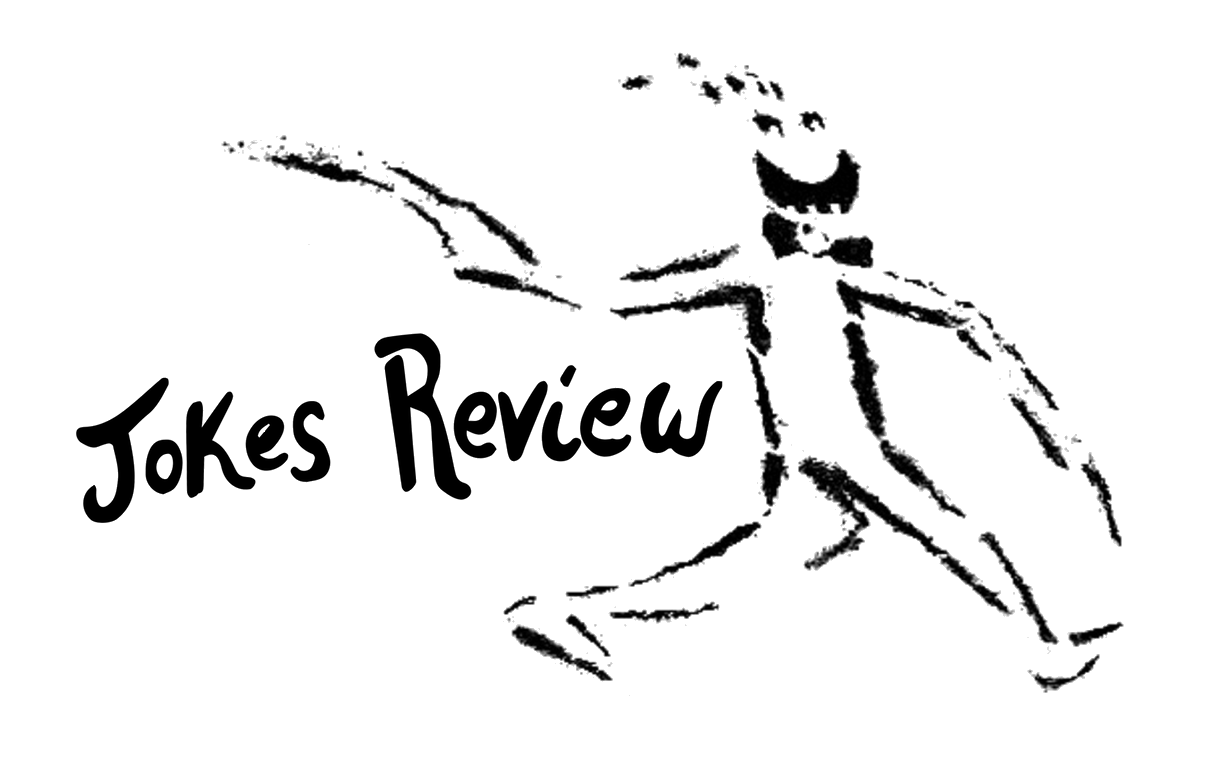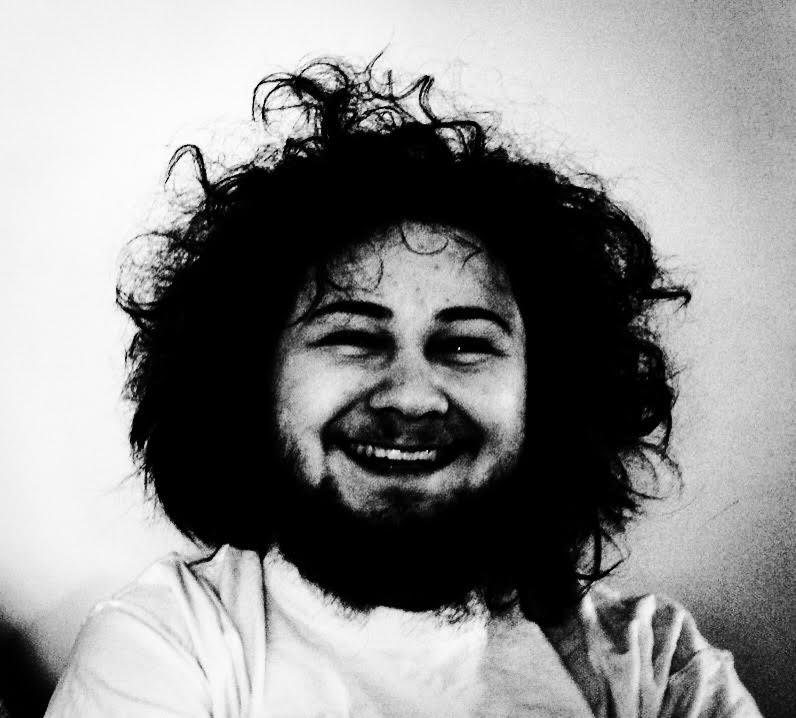Closed
by Daniel Galef
“Eureka!” I exclaimed. “You’re open!” Rejoicing in the electronic chime announcing my entrance, I took refuge in the neon-buzzing convenience store and hunted out my chili dog and mini bottle of bubblegum-flavored whisky. Any minuscule acceptance feels like a victory when the world is against you. In this puritanical borough I had trekked leagues through the rotting snowdrifts before I’d found a single bright-signposted establishment in possession of the stuff of life.
“CLOSED” read the bars, “CLOSED” the pawn shop, “CLOSED” the liquor stores and the payday loan office and the preschool and the tattoo parlor that does pets. Even the people were closed: like the lawyer/stockbroker/unusually well-dressed poet whose BMW window I knocked on for five minutes squeegeeing at the red light on Rousseau. (Some civil engineer needs to get on that, too damn long for a light. I tried to complain, but, of course, the municipal building was CLOSED.) When! oh when shall men open their hearts to one another?
I paid for my humble repast using the sawbuck I’d wheedled from the lawyer on minute six, touched my forelock to the cashier, a pimple-faced and half-bald girl of some sixteen summers, and turned to take my leave.
It was at this point I saw the placard posted on the exit door, a terrible titulus tagging the whole black blizzarding world behind it: “CLOSED.” The city? The world? The galaxy? I sank to the floor, and the sign on the glass door hovered in false perspective, a behemoth billboard suspended in the sky over the treetops. CLOSED, a banner blazing across all Heaven.
How had I not noticed this when I came in? Perhaps I had, and my sanity had not allowed me to process it. Even before tonight I think I must have suspected the verdict forthcoming, the signs all there, flying to us across the shadowy nebulae from a cosmic OUT box. My whole life they’d been slowly closing shop, putting the chairs on the tables and coughing politely at we wretched remaining patrons too stupid to get the hint until the latch finally clicks.
I looked back at the cashier, who watched my motions with a cautiousness befitting sizing up the person you’re stuck with indefinitely, possibly for the rest of time, or at least until starvation. My earlier apparent composure must have baffled her. I had not the heart to reveal it had been mere ignorance. The questions flocked: Was this Closure permanent? Were we to remain forever in this bubble of spacetime, alone in the cosmos? How many slim jims and blue raspberry slushes were numbered here, and how many astrophysically-meaningless days would they sustain us?
I looked down to my dog, half-nibbled-away, and my pink plastic bottle, exhausted. Without, the abyss loomed. A dark-windowed facade across the street gawped like a burned-out skull. The cashier glanced at her watch. Was it still ticking? Had the numbers themselves transformed into blind ciphers?
Trying to appear strong, I gestured at the universe generally. “When does it open?”
“You mean Adam’s Joint?” she said (an apt, if irreverent, cognomen for Creation). “It’s shut down for good.”
“Or for evil,” said I, trying and failing to match her brave gallows-humor. The sky was the colorless color of shut eyelids, with no stars visible. Perhaps they’d winked out, one by one, like blown-out birthday candles on a cosmologically-scaled Cake.
I began to sob. Still on the tile floor, I turned my back to the closed universe with a few awkward scoots. As I did so, she whom I had dubbed The Other walked around the store and turned off some lights, stopped the churning of certain plastic tubs, drew a metal shutter down over an alcove containing an ATM. I cared not. Empty rituals, but even I find some comfort in interpreting the flights of pigeons in the bus terminal, though my rational mind knows that these “omens” are psychological nonsense as the pigeons’ true purposes are far beyond human understanding. As I wailed, my shaking disturbed a display rack of bagged snacks, and one puffy packet flopped down into my lap. Did you know that a packet of popcorn— salted!—contains no more than 150 kilocalories? I dwelled on the grim calculus of survival.
“Do not worry. I would sooner sacrifice myself than resort to the barbarity of cannibalism,” I assured the Other.
She clutched a phone. “Um, you have to leave. We’re closed, dude.”
“Here, too? Then all is lost.” I rose shakily to my feet.
“Go on,” she said, gesturing like one might to a dog. My eyes followed the gesture to the door. With a shock, I saw that the sign labeling the world now read “Open.” My heart leapt into the fluorescent tubes above my head and I hiccupped a swallow of gum whisky. Swinging the portal wide so violently that it knocked over a trash can outside on the sidewalk, I ventured forth. What physical or spiritual Deluge had I survived in that neon-ribbed Ark? Was the world that now greeted me the same I had departed, or one created anew following the old world’s destruction? The very snow, white and black and yellow, seemed fresher, callow, untried, as if its molecules had never known what it was to be the sea. I kicked a newspaper machine viciously, and the sound that issued forth was the first sound ever made, a novel utterance. The great green world unfurled itself before me, every road, every heart, open, open, open.
Daniel Galef's writing has recently been featured in the New Yorker—in that he placed second in the cartoon caption contest in 2022. His more substantial writing has been published or is forthcoming in the Indiana Review, the Atlanta Review, the American Bystander, Juked, the Journal of Compressed Creative Arts, and the 2020 Best Small Fictions anthology. His first book, Imaginary Sonnets, is coming this winter from Word Galaxy/Able Muse Press.


